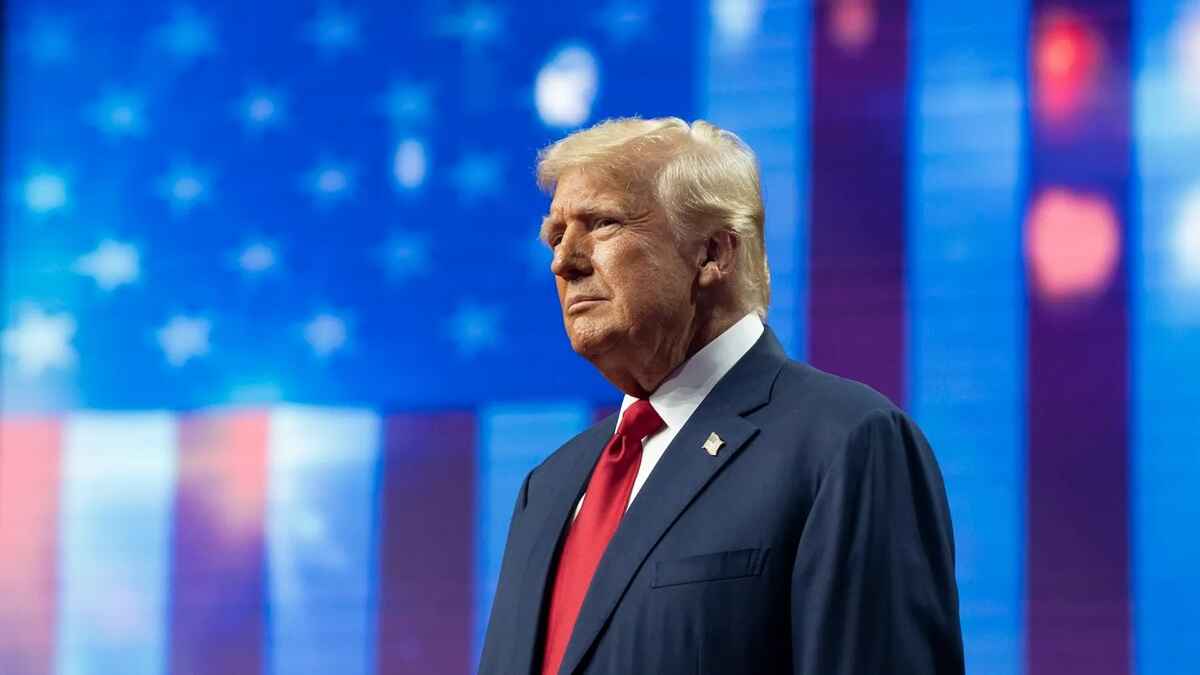The Trump administration intensified its efforts on Thursday, requesting the Supreme Court to greenlight a controversial ban on transgender individuals serving in the military. This move comes amidst ongoing legal battles that have delayed the ban’s enforcement for months.
Solicitor General D. John Sauer argued in court filings that further postponement compromises military readiness and national interests. “The delay is far too lengthy for the military to uphold a policy deemed counterproductive to its operations,” Sauer emphasized. He urged the court to implement the ban nationwide, with limited exceptions for a small group of plaintiffs.
A federal appeals court recently upheld a block on the policy, maintaining the status quo. However, Sauer suggested that the Supreme Court should lift the ban’s suspension, except for the eight individuals challenging the policy. Lawyers for the plaintiffs have been given a week to respond.
This legal clash follows a broader rollback of transgender rights under Trump’s administration. Early in his second term, Trump issued an executive order arguing that transgender identities conflict with the military’s principles of discipline and honor, framing them as detrimental to readiness. Defense Secretary Pete Hegseth implemented a corresponding policy that effectively bars transgender individuals from service.
Despite the administration’s stance, U.S. District Judge Benjamin Settle in Washington ruled in favor of several transgender service members in March. Judge Settle criticized the lack of justification for banning troops who have served openly without issue for years, describing the move as discriminatory and damaging to their careers. Settle, a former Army JAG officer appointed by George W. Bush, highlighted the absence of evidence supporting the administration’s claims.
The current policy echoes a directive issued during Trump’s first term, which allowed limited exceptions for transitioning service members under previous rules. However, it starkly contrasts with the Obama-era policy that permitted open service for transgender individuals.
President Joe Biden, upon assuming office, swiftly reversed the Trump-era ban. However, the Defense Department’s latest proposals, which contain no exemptions, have reignited the controversy. Thousands of transgender individuals currently serve in the military, though they represent less than 1% of active-duty personnel.
Meanwhile, legal resistance continues. A judge in New Jersey recently protected two transgender Air Force members from discharge, emphasizing the irreparable harm such separations could cause. Despite mixed rulings, a federal appeals court panel, including two Trump appointees, appears inclined to favor the administration’s arguments.








